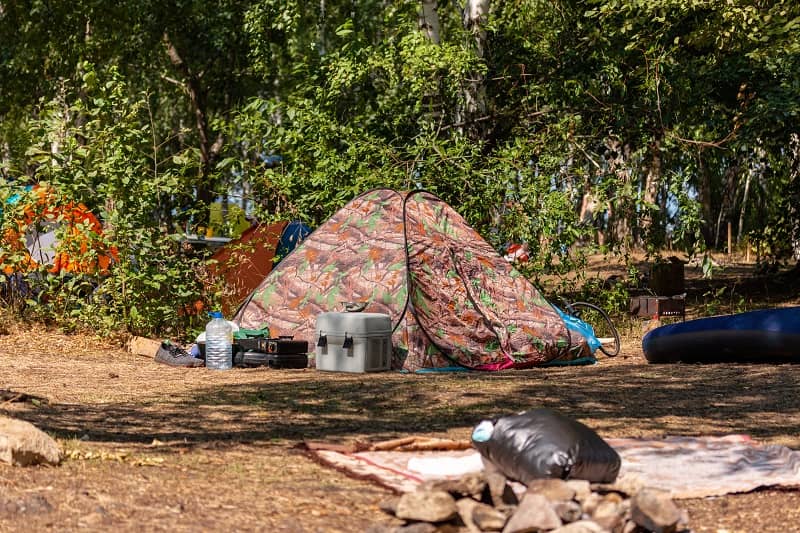By Anna Mae Kersey
When Oregon joined the Union, the U.S. Congress granted it control of State Trust Lands, public lands managed by the state to support public education in perpetuity through the Common School Fund.
Currently, 96 percent of Oregon’s remaining State Trust Lands show no signs of generating revenue within five to ten years. The primary reason for this is restrictions placed on the Elliott State Forest, transforming these lands from profit producing assets into deficit inducing liabilities.
The Common School Fund itself, which is invested by the State Treasurer and the Oregon Investment Council, consistently exceeds performance expectations. Over a three-year period ending in 2014, it earned a 13.25 percent average return on investment as opposed to the 0.1 percent earned by the State Trust Lands.
There can be no public trust in an agreement where one side fails to deliver. As such, there can be no trust in Oregon’s State Trust Lands. In the upcoming August State Land Board meeting, it is imperative that board members look to the past to prepare for the future.
There is already a precedent of transferring lands to private ownership in order to maintain the state’s fiduciary responsibility to the fund. The board needs to sell lands that are costing the fund and future generations, so that the trust in State Trust Lands can be restored.
Anna Mae Kersey is a research associate at Cascade Policy Institute, Oregon’s free market think tank. She recently graduated from Mercer University in Macon, Georgia with an Honors B.A. in Philosophy and is pursuing a Master’s of Liberal Arts at St. John’s College in Santa Fe, New Mexico.











